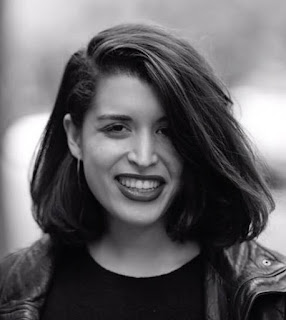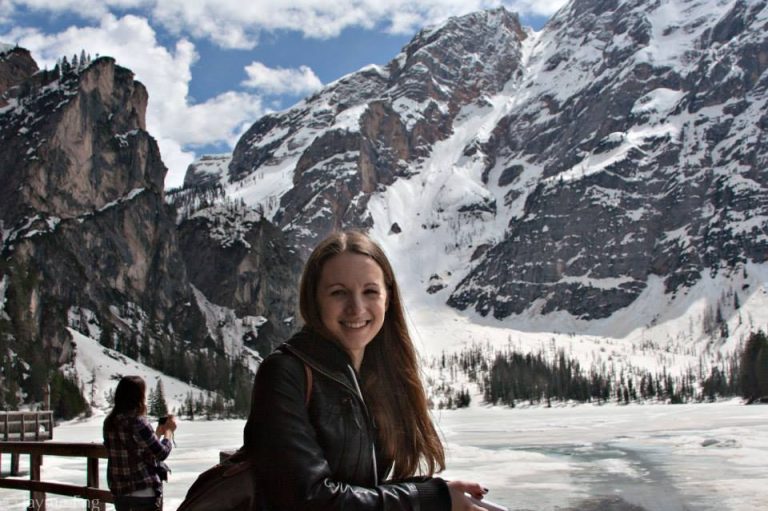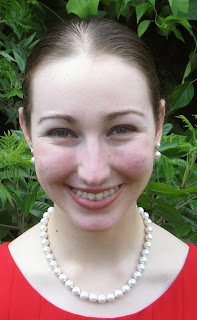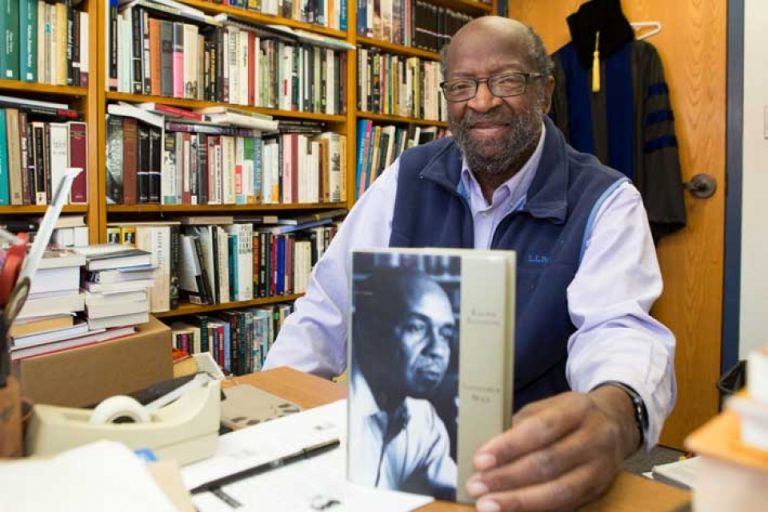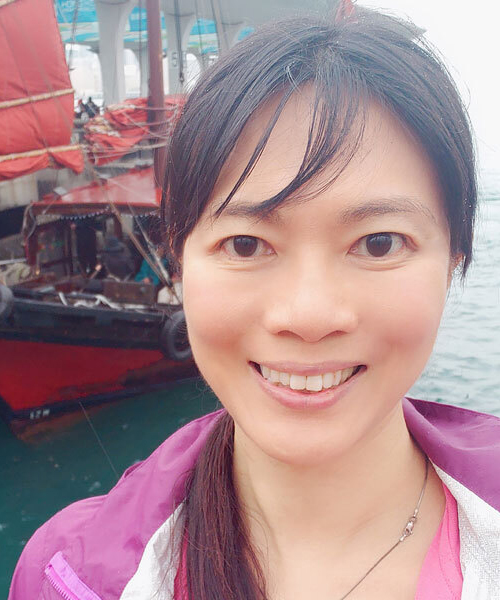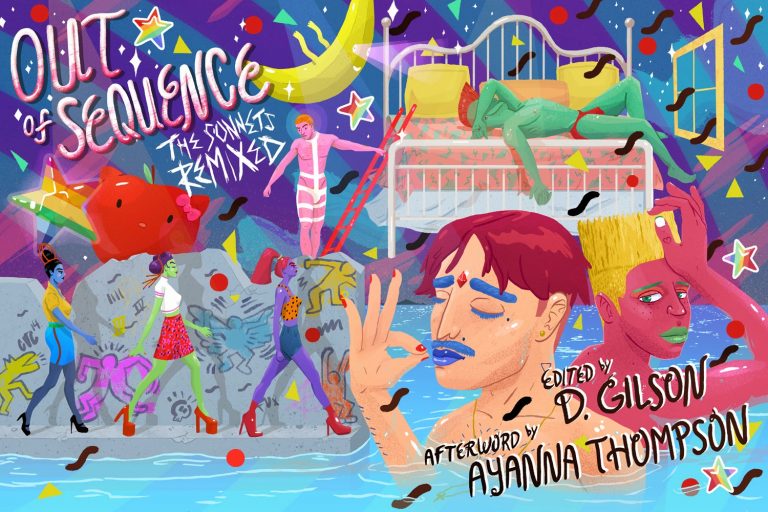Since you graduated from GW with an English and Creative Writing double major you’ve made a name for yourself as a commentator on pop/avant-garde music in places like Rolling Stone. You’ve also just published a book about Psychocandy, the debut album by the Scottish rock band The Jesus and Mary Chain. You’ll be in Washington, D.C. on October 23rd to talk about the book.
So… that’s a lot of impressive stuff. Where to start? Let’s start with your GW experience. Which of our professors/courses here influenced you on your path? Did your time at GW involve your being introduced to writers (creative; non-creative; musical; non-musical) who helped clarify the direction you wanted to take?
So many GW English courses and professors influenced my current trajectory, directly and indirectly. But the formative ones that stand out to me are Intro Screenwriting with Noah Stern, Intro Fiction Writing with Michelle Brafman, Intermediate Fiction Writing with Hache Carrillo, Advanced Fiction Writing with Thomas Mallon, Critical Methods and Transnational Queer Studies with Robert McRuer, and Popular Music Culture with Gayle Wald. They each compelled me to focus on different (but equally critical) parts of storytelling, which is something that’s central to journalism and nonfiction writing. Also, Faye Moskowitz was a fantastic undergraduate thesis advisor.
My time at GW definitely involved being introduced to writers, as well. I was fortunate enough to present a paper at the Experience Music Project in Seattle, Washington, in 2014. That was a crucial experience — not just because it helped me get more comfortable presenting at conferences, but also in that it gave me the chance to meet academics, critics and writers doing extraordinary work. Two local things really clarified the direction I wanted to take, though. One was meeting nonfiction writers, photographers and journalists in the D.C. music scene, at venues like the 9:30 Club and Black Cat. It floored me to see tremendous minds experiencing music not just as artists and writers, but fans, too. The other was being amidst incredible peers and fellow students at GW, who, upon seeing gaps in culture, filled them in themselves by creating venue spaces, making music, zines, and booking performances.
2. Given your primary focus on music, did you consider studying that at GW? What in the offerings of our English department attracted you?
I briefly considered studying music. My musical abilities are limited to terrible bass guitar covers, though, so that would have just been painful for everyone involved. In all seriousness, I realized that while learning theory and the more technical aspects of music could be helpful for context, I was more interested in digging into the emotional and universal qualities of music instead. I was especially intrigued by talking to people about why they made it and learning about what moved them. Fortunately, I was able to do that all the time at GW’s radio station, WRGW District Radio, where I had an on-air show for four years. I wouldn’t be doing what I’m doing now without that experience, so major shoutout to college radio.
I initially came to GW as an International Affairs major, and transferred into the Columbian College right after taking Intro Fiction Writing with Michelle Brafman. I missed writing creatively, and writing about nonfiction in a way that wasn’t based in incredibly dense political literature. So I was definitely attracted to the various prompts and unexpected challenges that creative writing classes offered. I also wanted to read books on the syllabi that I maybe hadn’t heard about before. And some of those turned out to be massively influential! I still read Nathanael West’s Miss Lonelyhearts/Day of the Locust and Muriel Spark, and those were two authors that Thomas Mallon introduced me to in his class. Hache Carrillo also gave me one of the best pieces of advice that I value to this day, which is to “read two to three books a week.” The best writers are voracious readers. It’s a fact.
3. Your book was chosen, among hundreds of manuscripts, for inclusion in the way-hip, well-known 33 1/3 series. How did that come about?
 |
From the 33 1/3 series,
Paula Mejia’s Pyschocandy |
That manuscript had its roots at GW. Right around the time I was thinking about what I wanted to write for my graduate English thesis, the series announced its open call for proposals. So I thought, okay, I’m interested in this band, The Jesus and Mary Chain, and how it was that they emerged, against every possible odd, during a particularly fraught period of history. What if I found a way to combine my interests in popular music theory and punk rock as political revolt, and then tailor it to be a manuscript?
What I ended up submitting to the 33 ⅓ series was a rough cut of my graduate thesis, which was largely about the band and the album Psychocandy. It wouldn’t have been possible without Thomas Mallon, who was a reader and great editor for both my undergraduate and graduate theses, and Gayle Wald. In addition to leading a terrific class about pop music and its impact on culture at large, Gayle was a fantastic mentor and thesis advisor for this, as well.
I truly didn’t expect the manuscript to get chosen. If anything, I thought it would be a good exercise and a way to make the most out of my JSTOR account. And then it got picked up! So here I am now.
4. What are some of your latest projects? What does your immediate writing future look like?
Since I’m a full-time freelancer and since everything I do is project-based, it’s hard to say for sure what that looks like until those projects materialize. But right now, localized pop music coverage in New York (where I live now) is my bread and butter. So I pretty consistently write listings for The New York Times and The New Yorker, and interview movers and shakers around the city for Village Voice. Recently I profiled the avant-garde Norwegian artist Jenny Hval for Elle, as well as the paradigm-shifting punk band Downtown Boys for The Fader’s latest print “America” issue. Those were great fun to work on. I have a longform feature about the weird, wondrous world of underwater sound that’s due out soon, too, and a couple of other pieces that I’m excited about.
After the book launch, my goal is to expand my reach outside of music and write more about different facets of culture, though. I’m currently working on a food story, so I’m excited about that. I’d like to write more about film again, too, so I have some of those projects in the pipeline as well. I’m also hoping to start working on a proposal for a second book, and I’m very slowly writing a web series with my roommate.
5. Do you have any advice for our majors in terms of the direction you’ve been able to take?
Definitely. My biggest piece of advice is this: What makes you a writer is having the discipline to do it over and over and over again, so find a rhythm that works for you and put something onto the page every day. No exceptions.
The resources that GW English department offers, like readings, are tremendous things to take advantage of. Get out there and expose yourself to as much as you can culturally. That’s how I ended up doing what I do now. Originally, I really wanted to write fiction. But I unexpectedly found myself in a place to do journalism, so I went with it and just kept saying yes to those opportunities as they happened.
Also, while writing often demands solitude, talk to your peers, too. Sharing ideas and having a wealth of perspectives is key. Chances are they’re interested in similar things, or can recommend you a life-changing book or article or piece of music you didn’t know about before. Maybe later on down the line you can even collaborate on making something together.
Submit ideas to conferences, journals and magazines, and apply to jobs you’re interested in, even if you think it’s a long shot (true story: I applied to NPR internships every single year in college, didn’t get any of them, and now I sometimes write for NPR). And learn to dust yourself off and try again when you get a story turned down. It will happen a bunch. It still happens to me all the time.
Lastly, keep in mind that these required English courses aren’t just classes you show up to, do the work for and leave. They can be such an amazing way to contextualize your experiences, cultivate your interests and carve out a path that’s uniquely yours. I wrote a book — who knows what amazing thing you can do, too.



